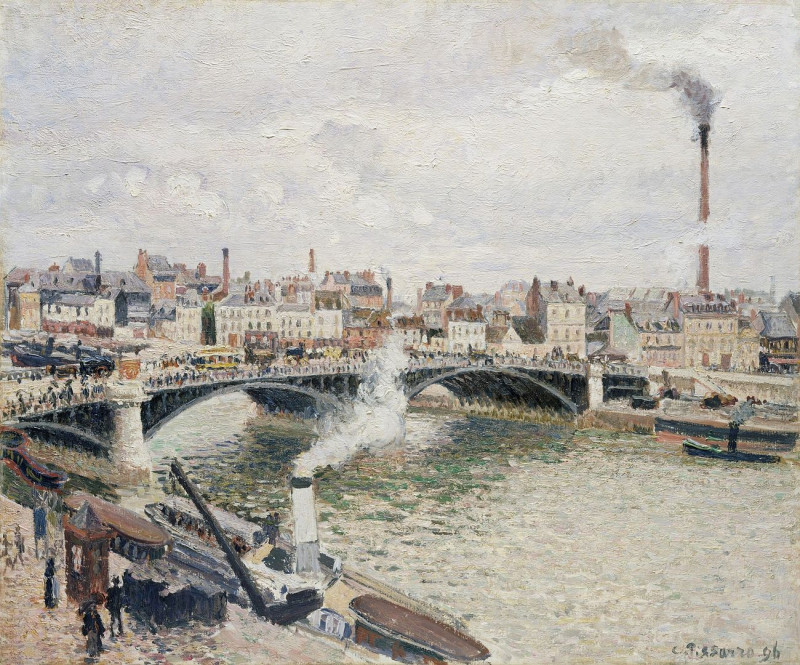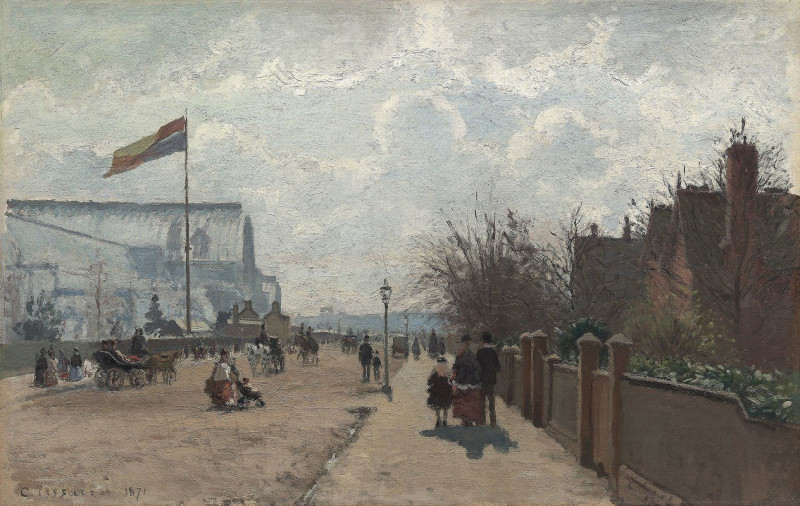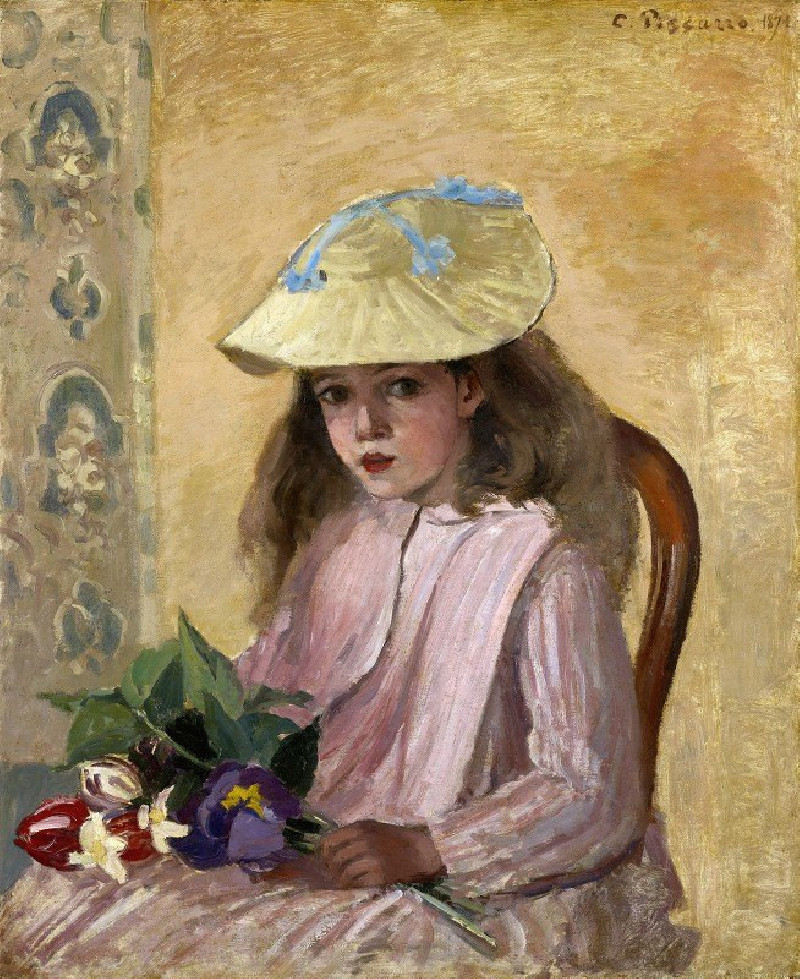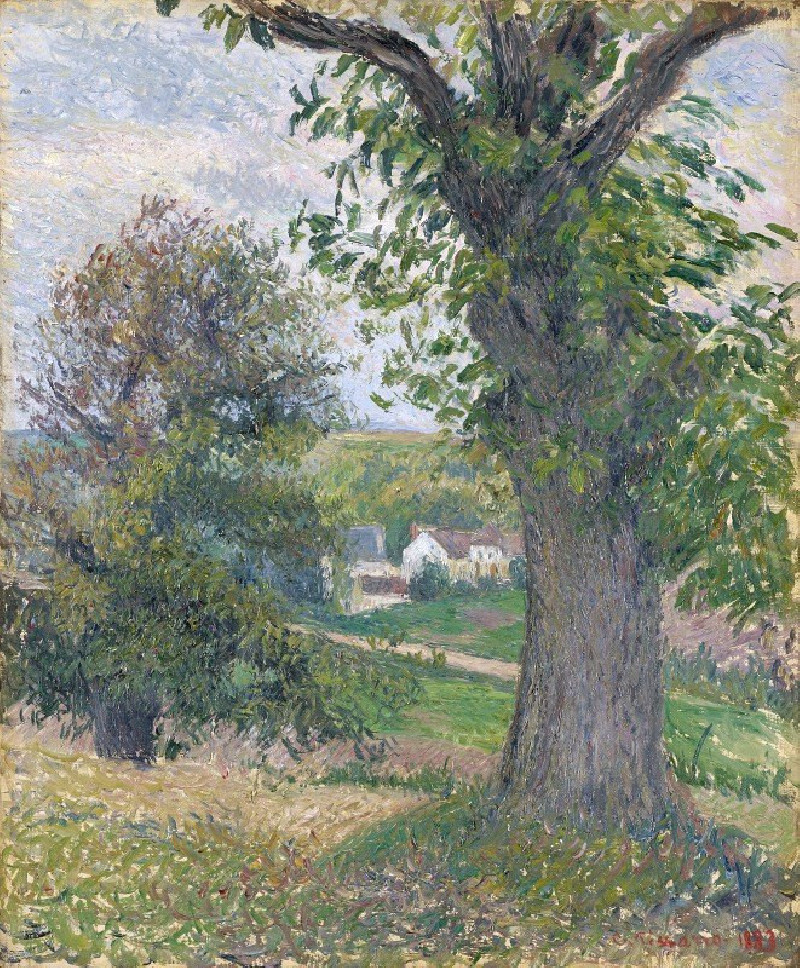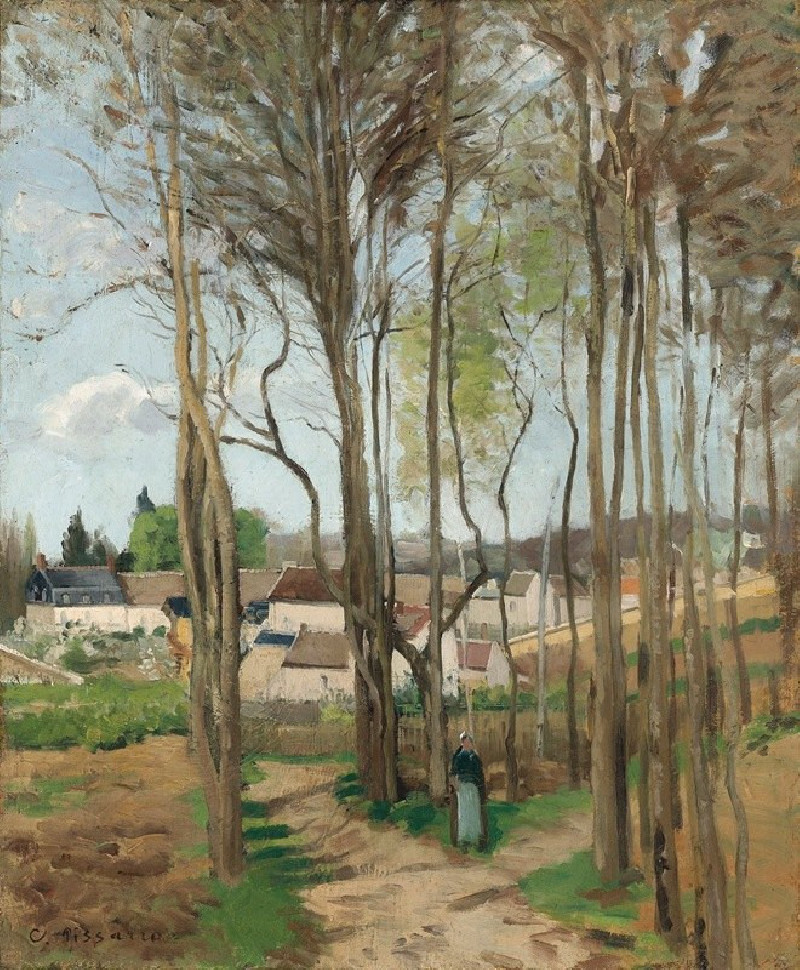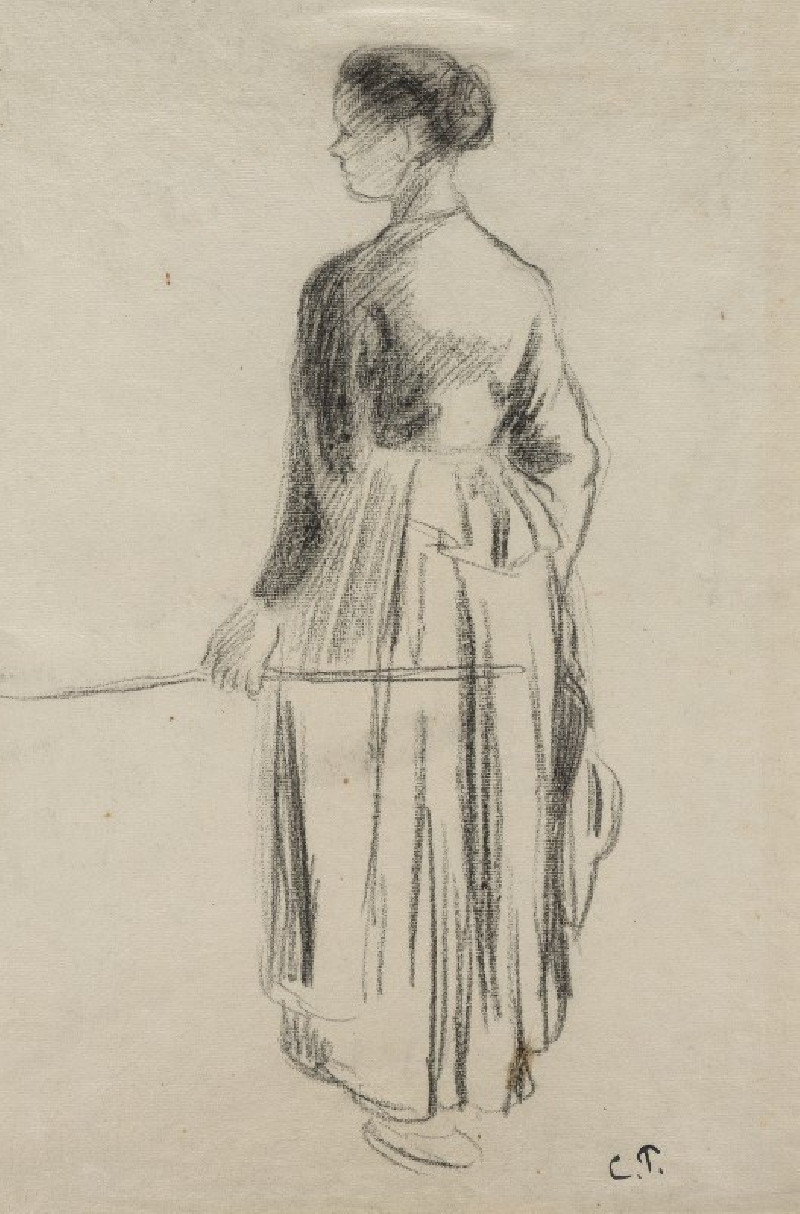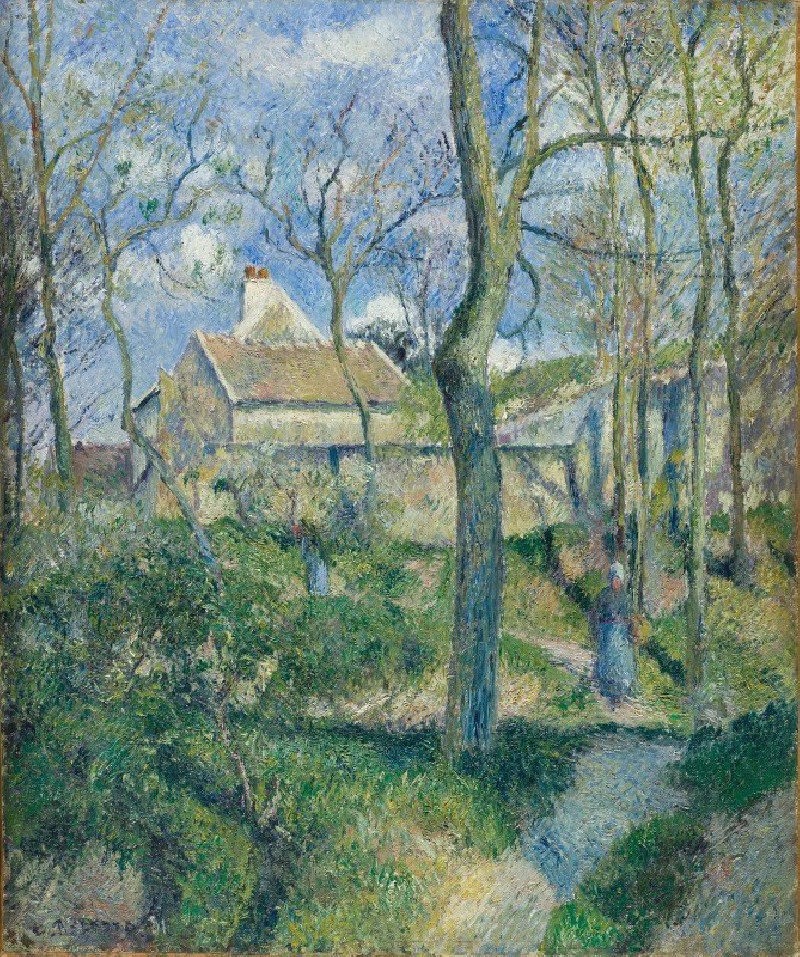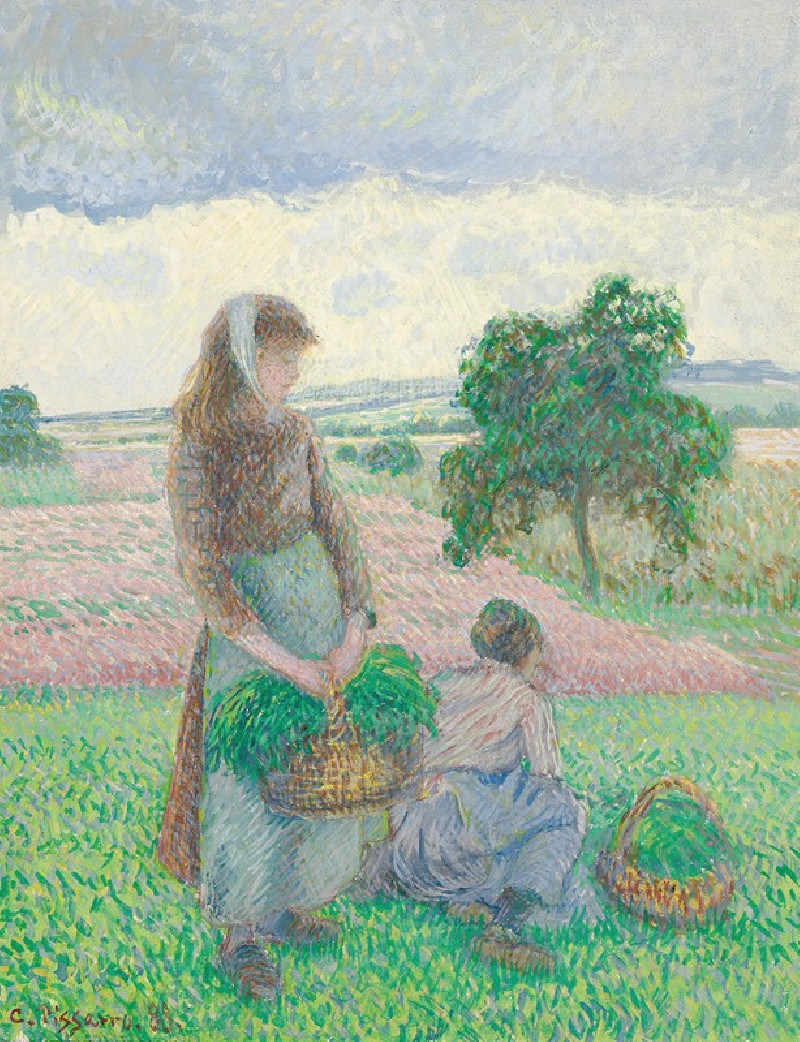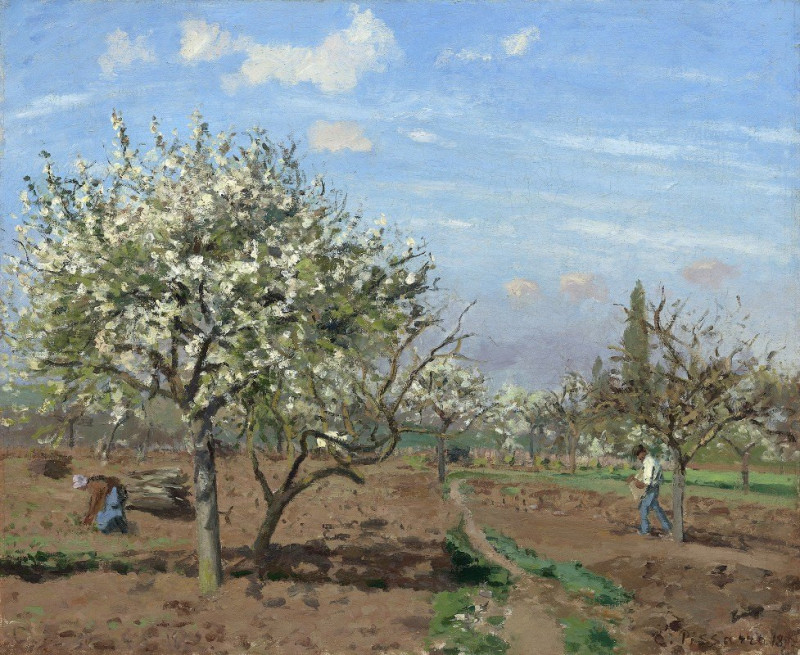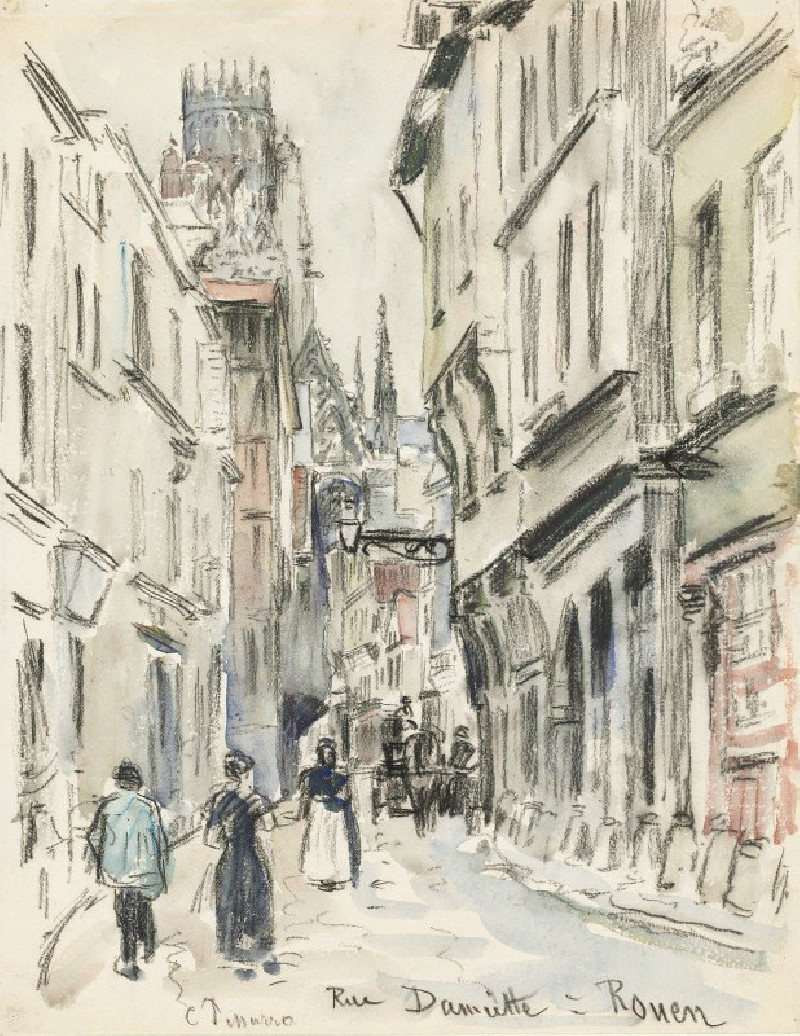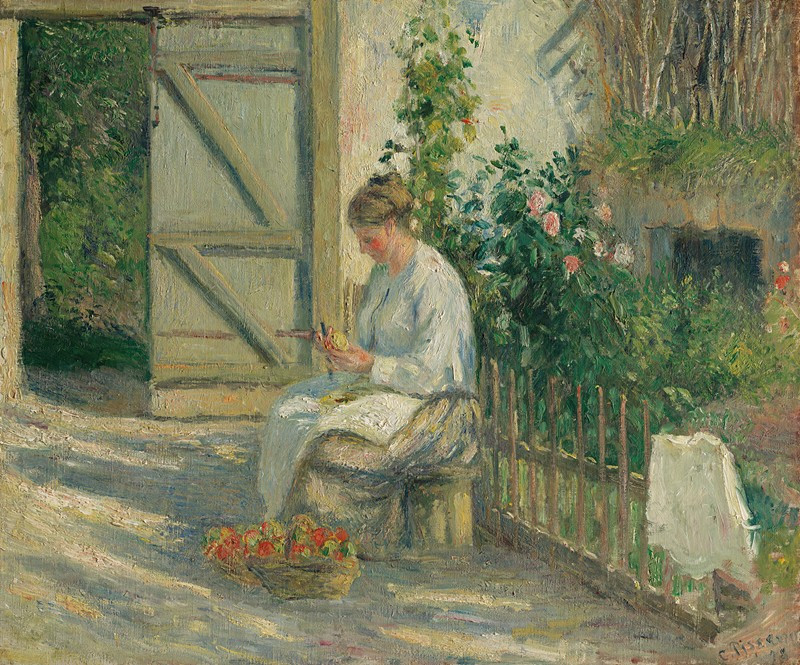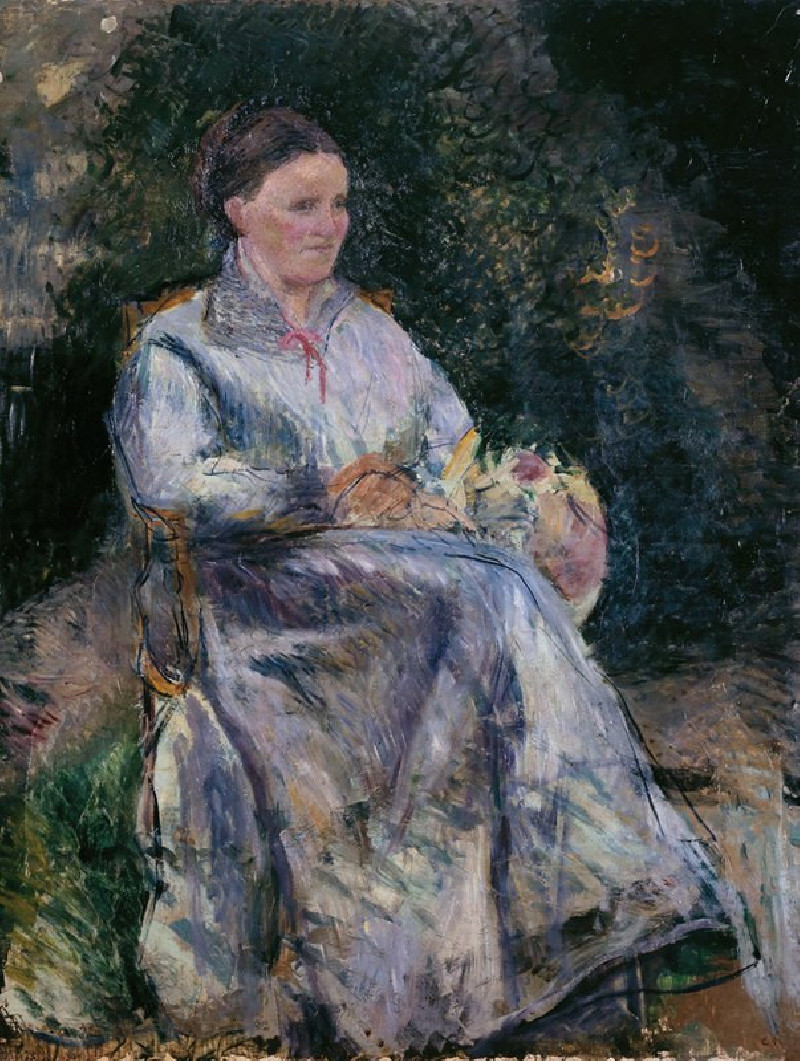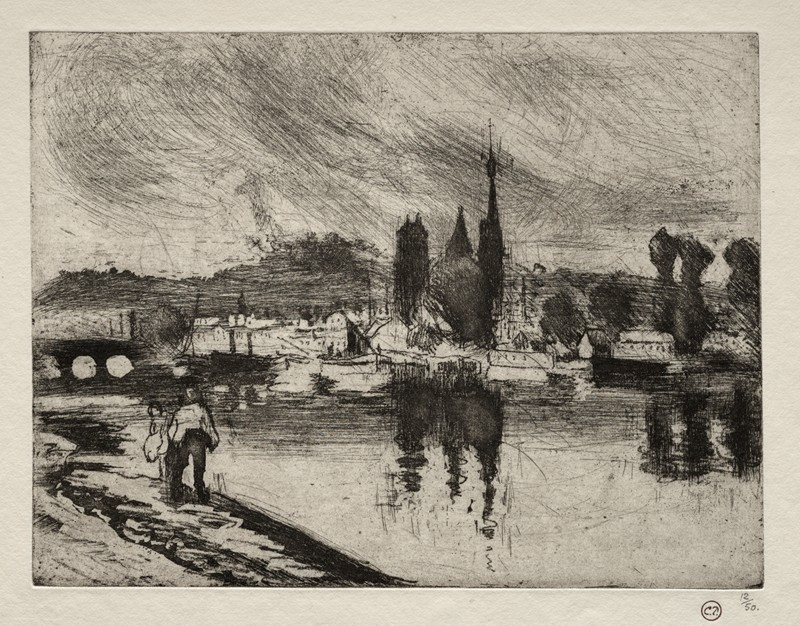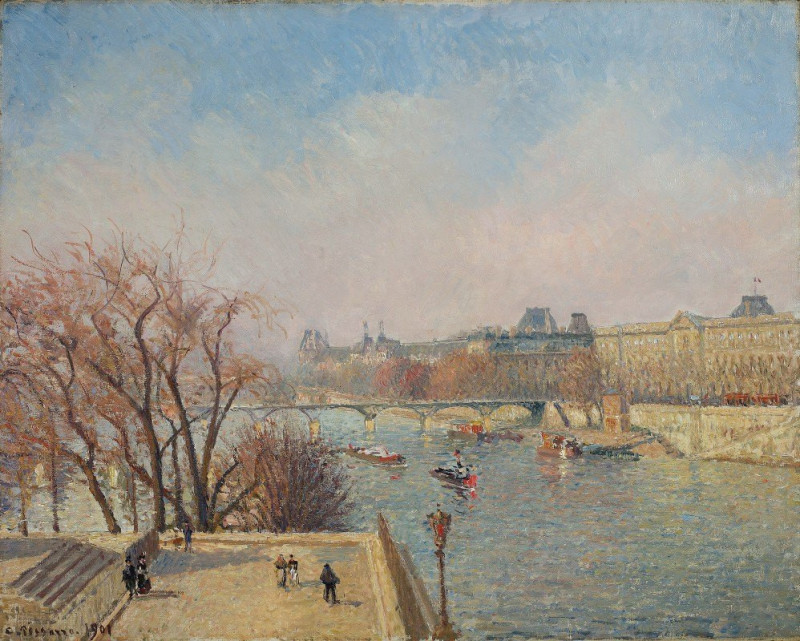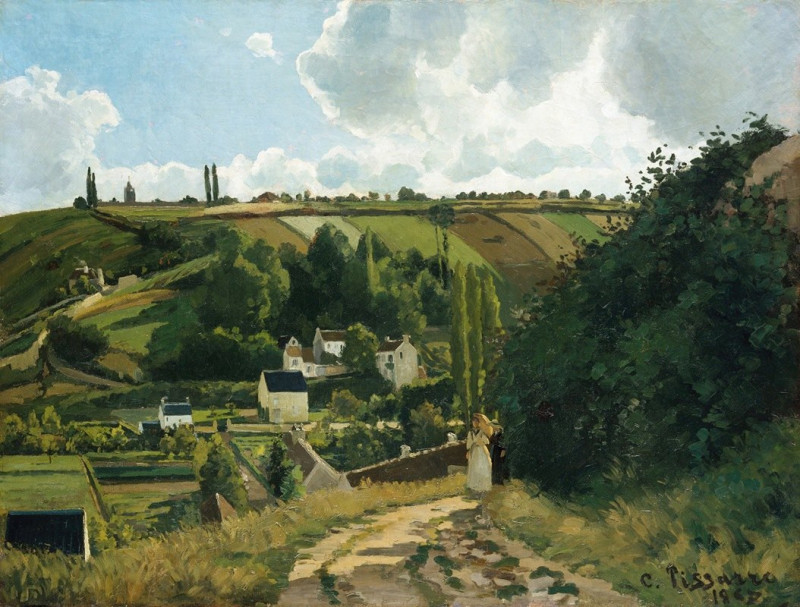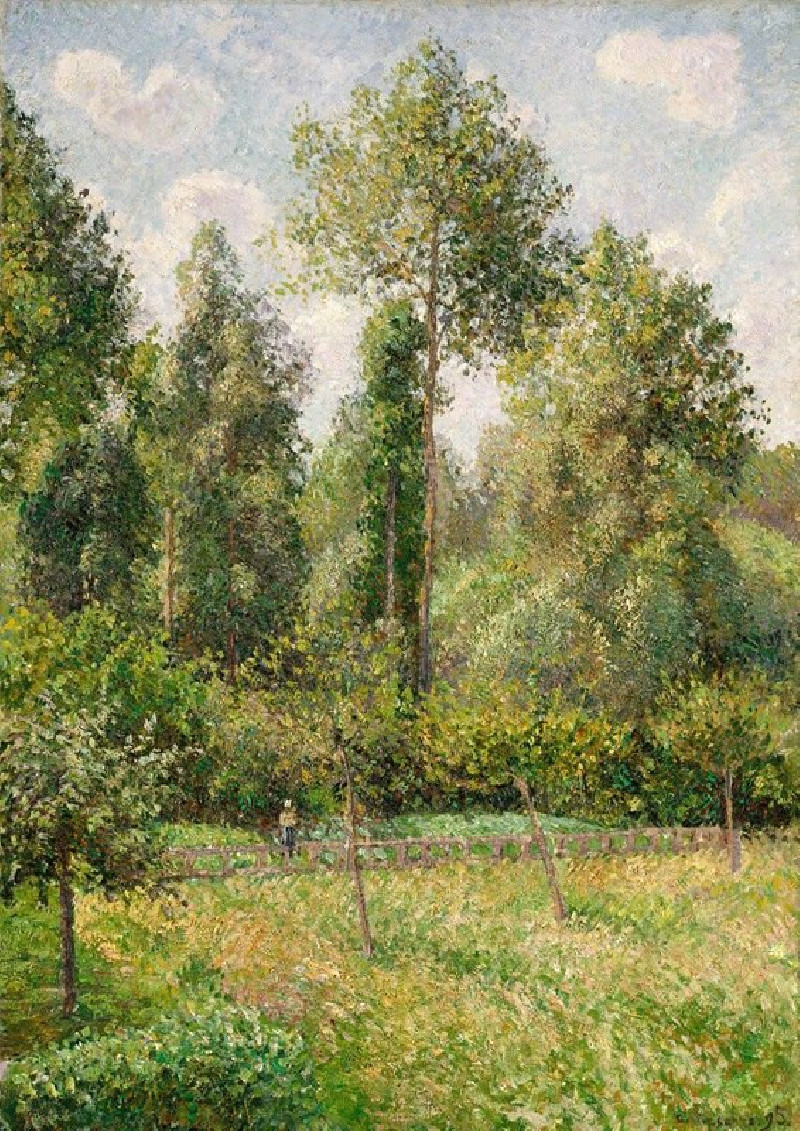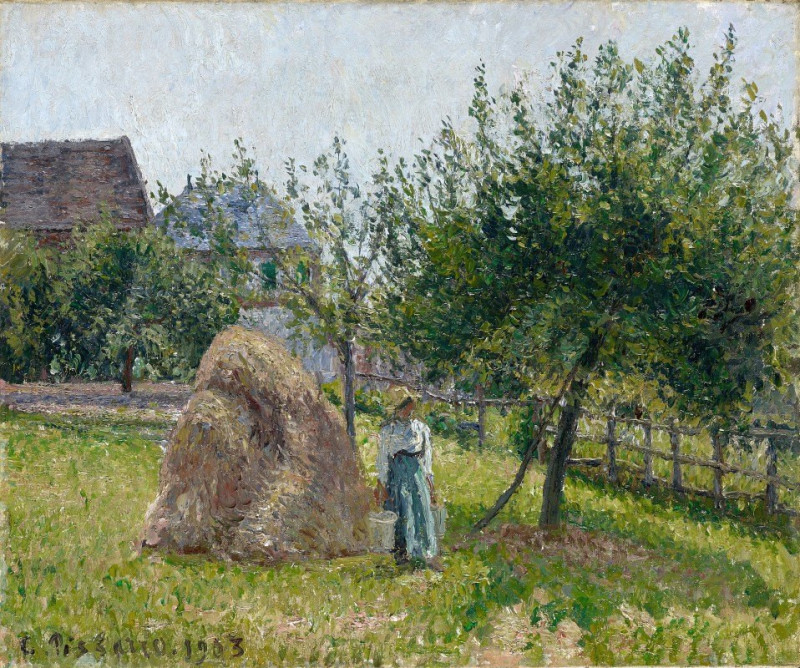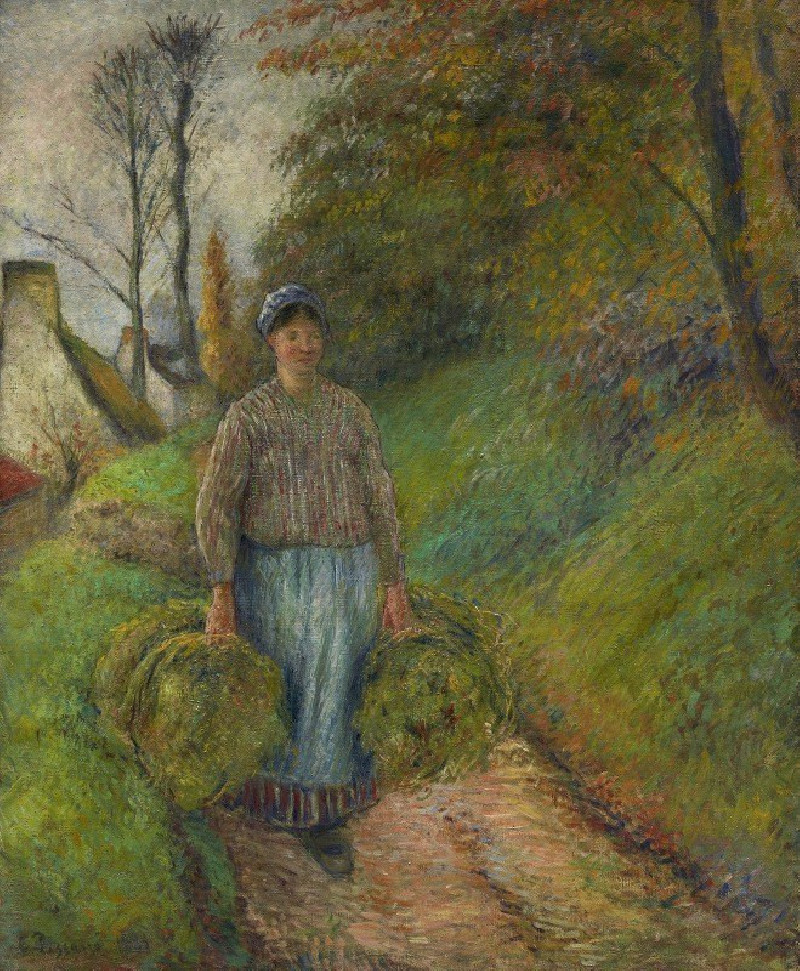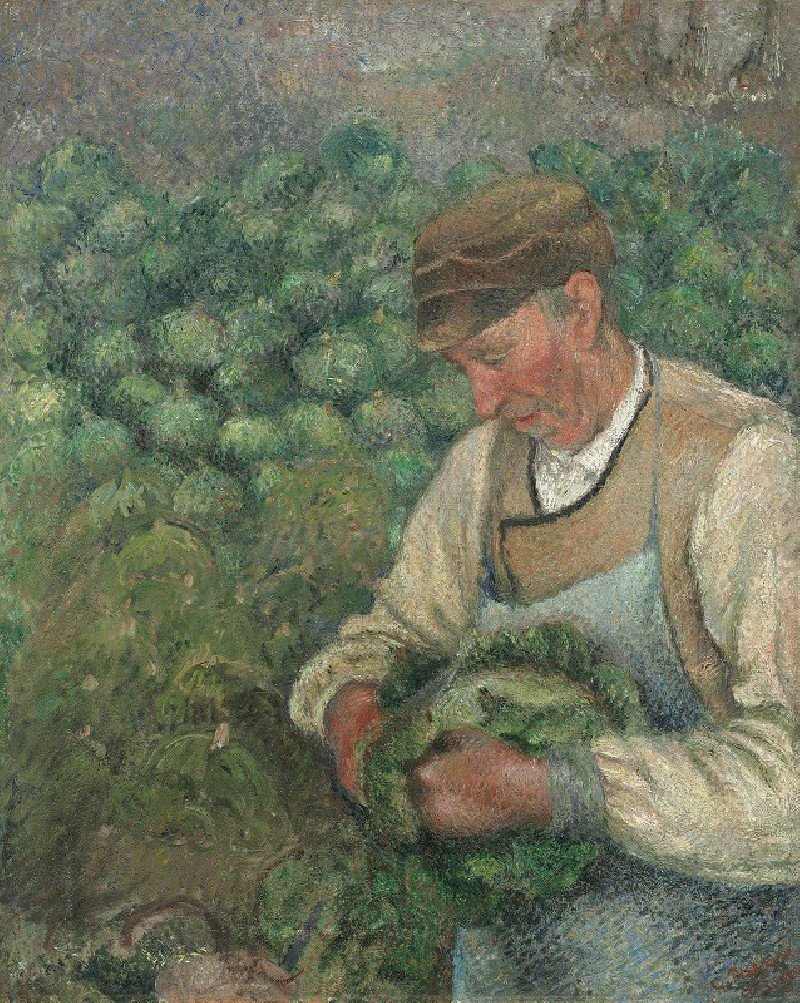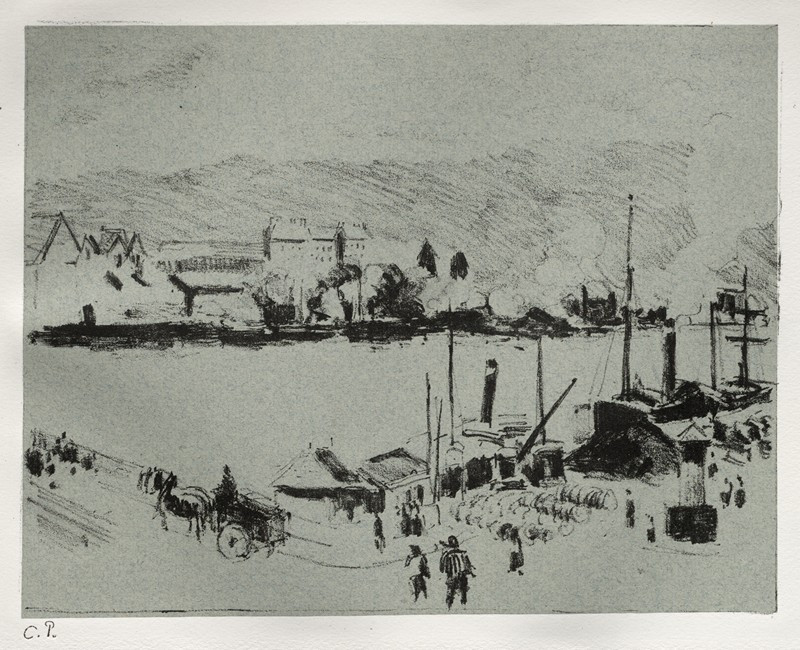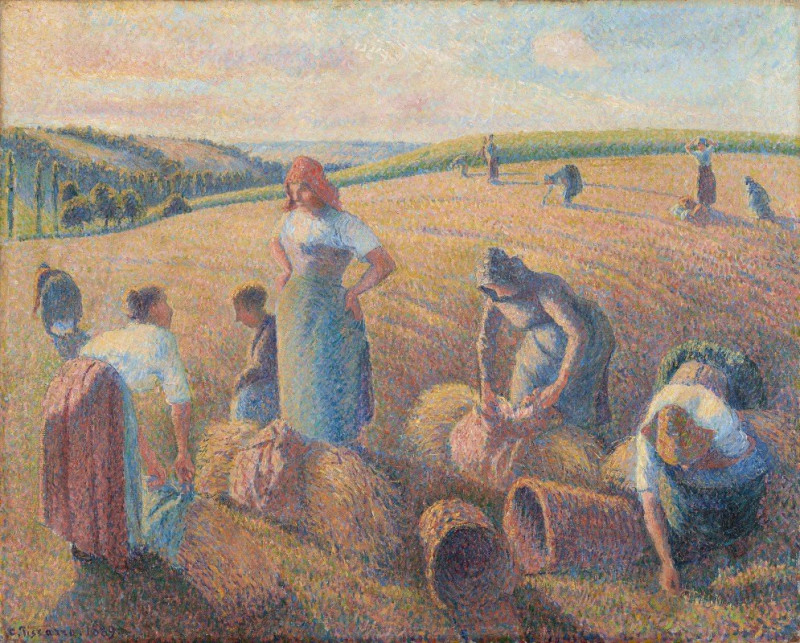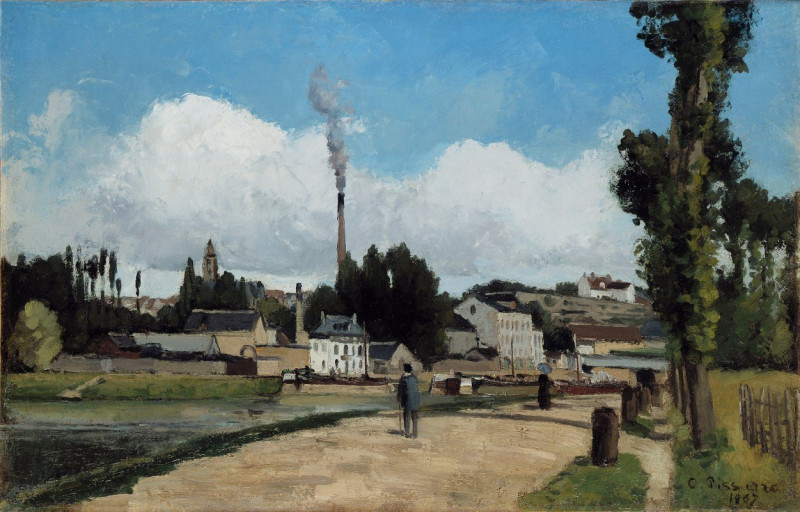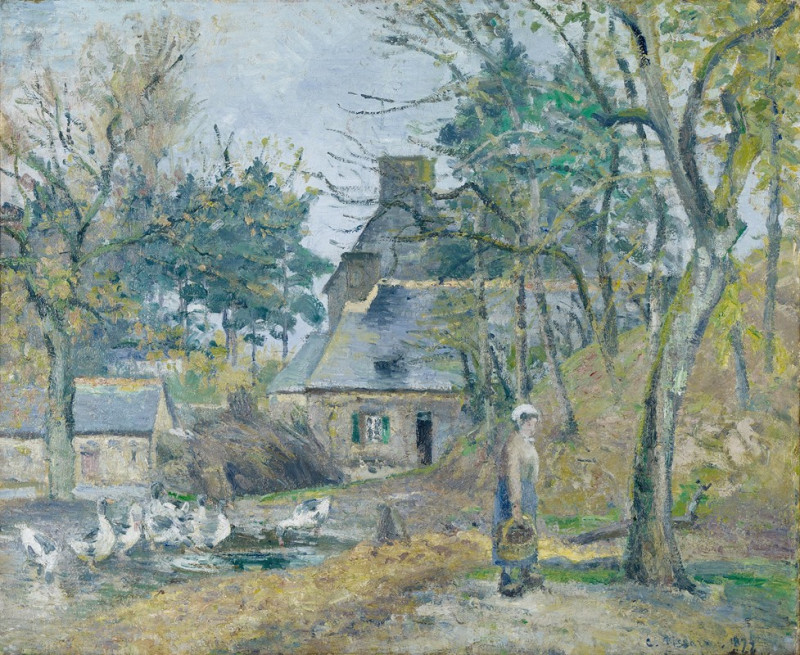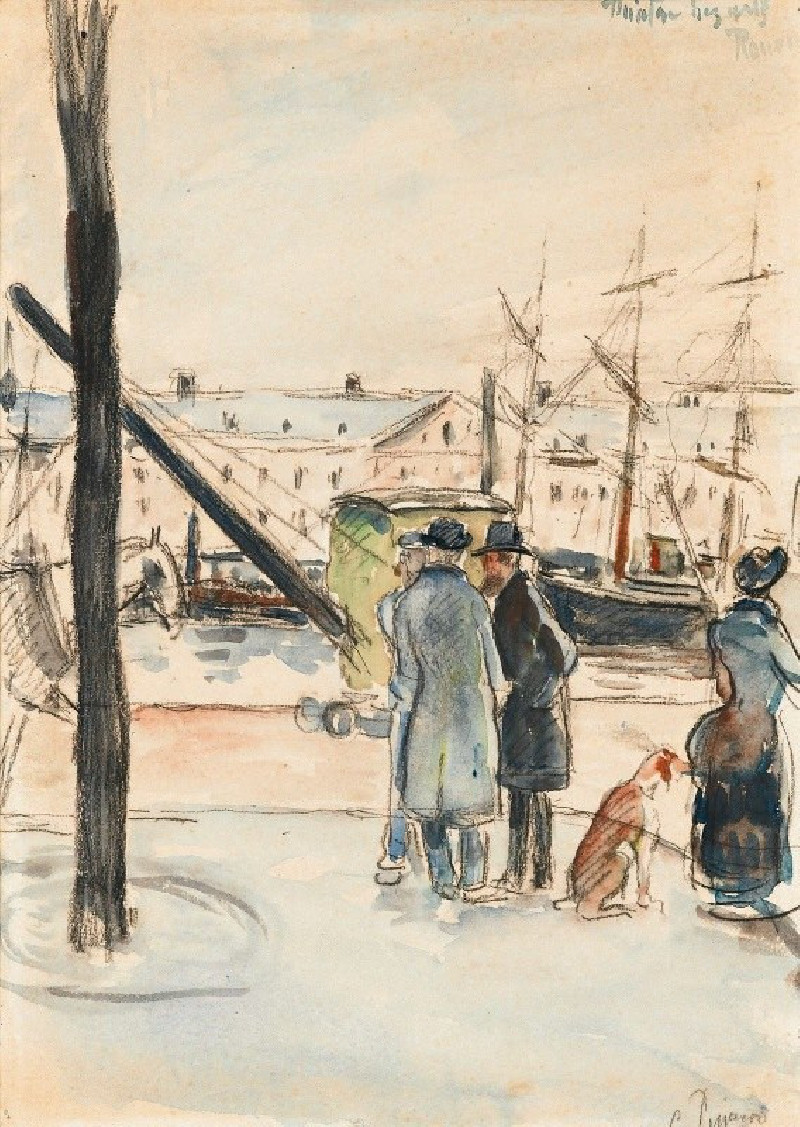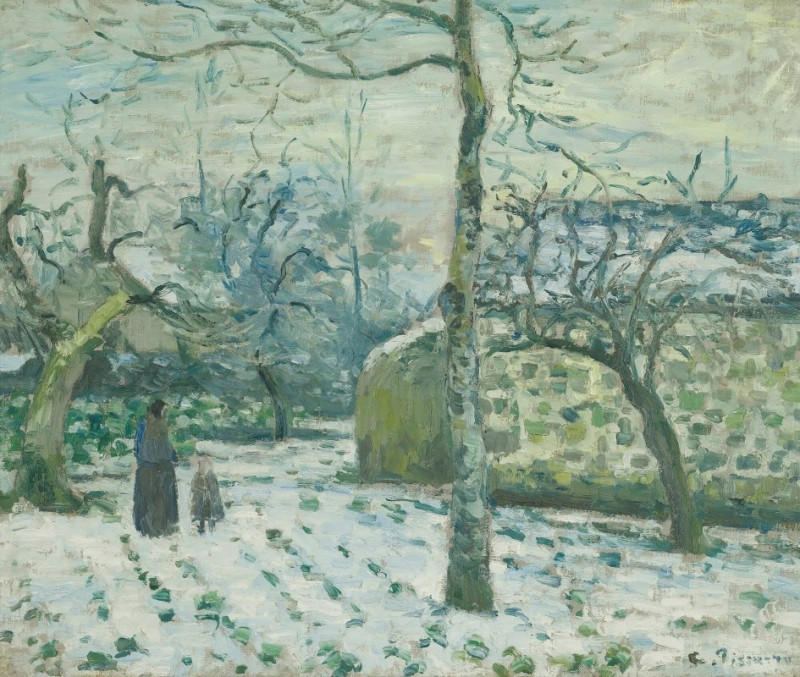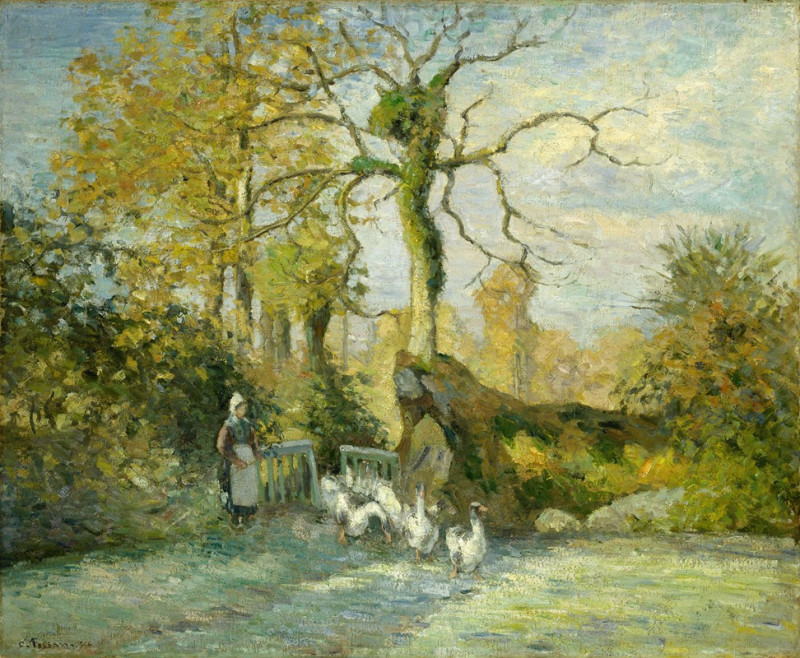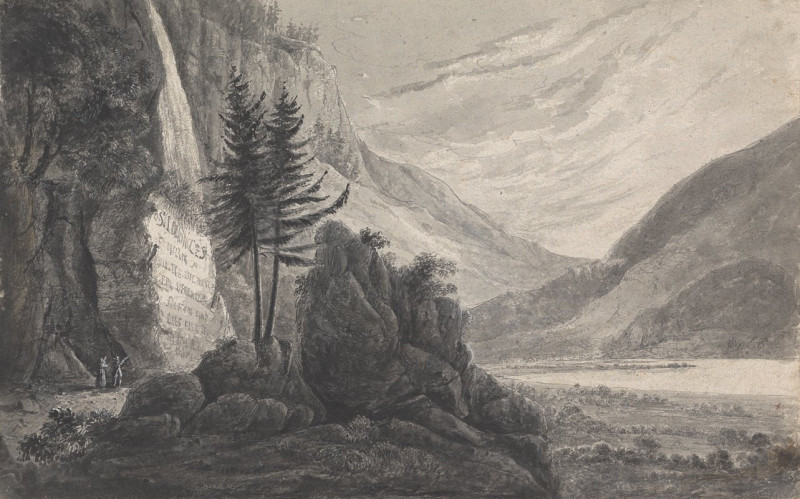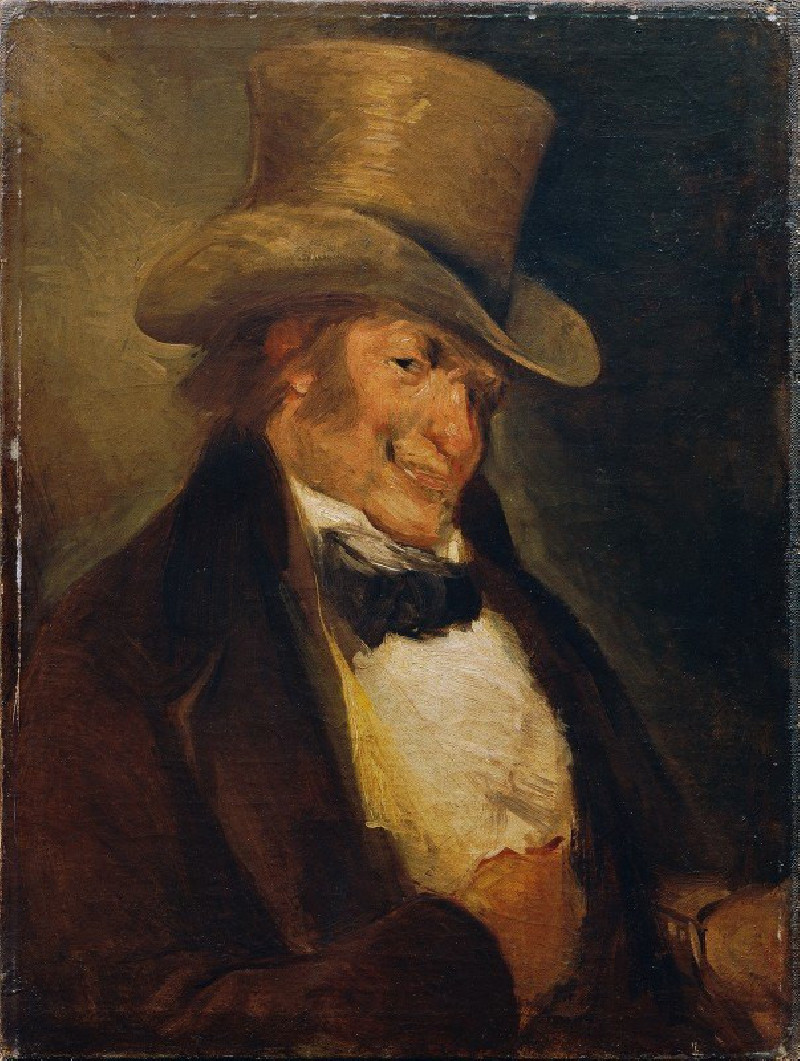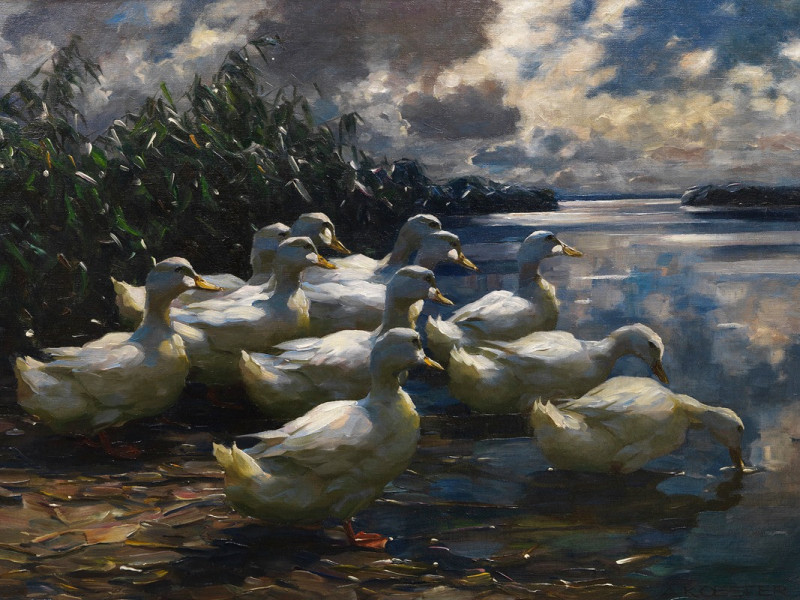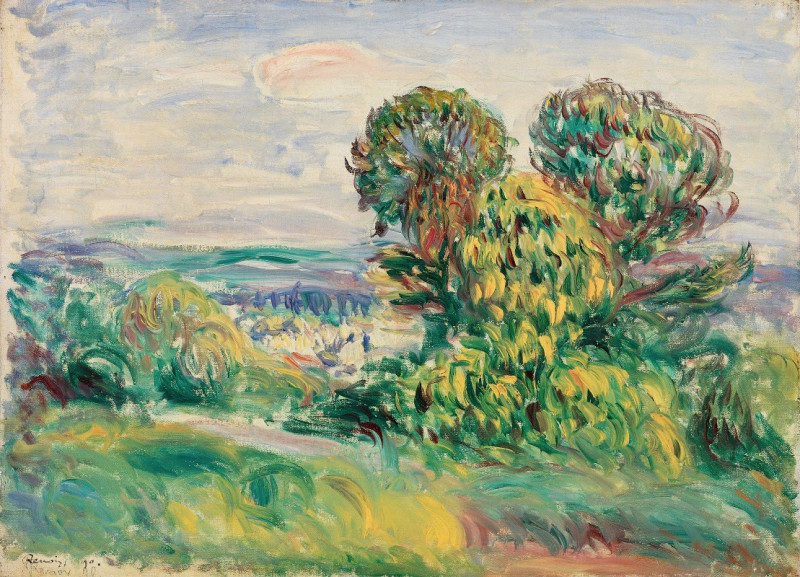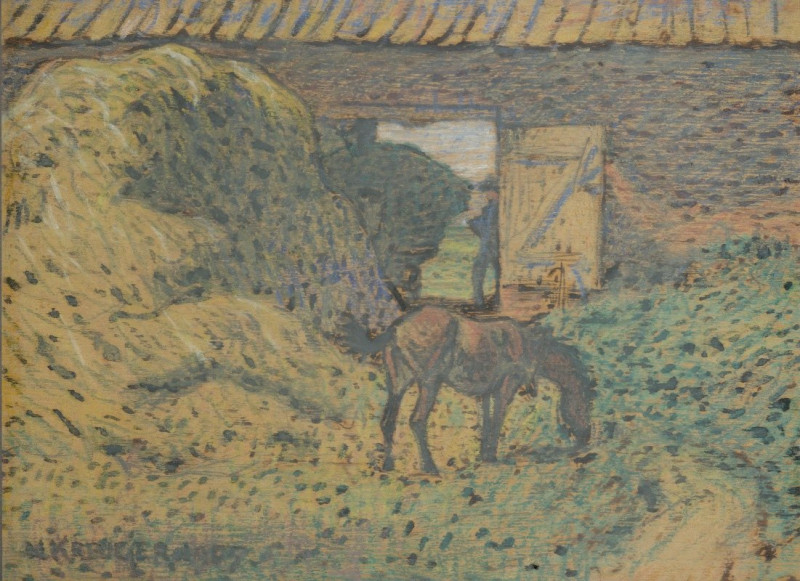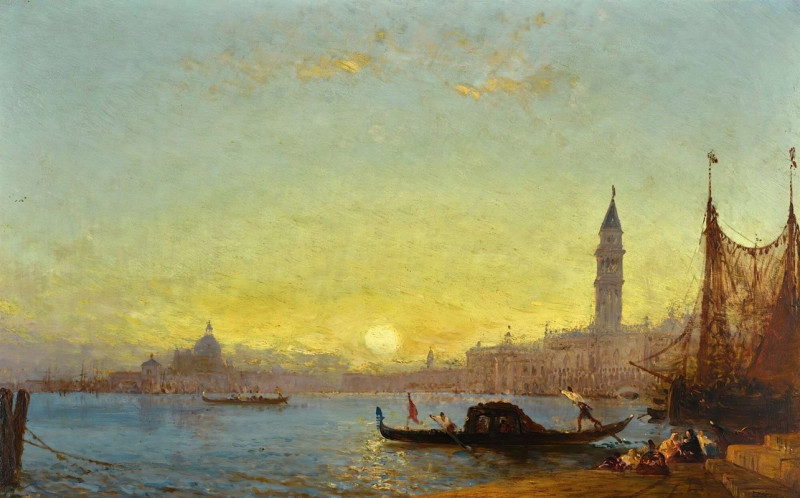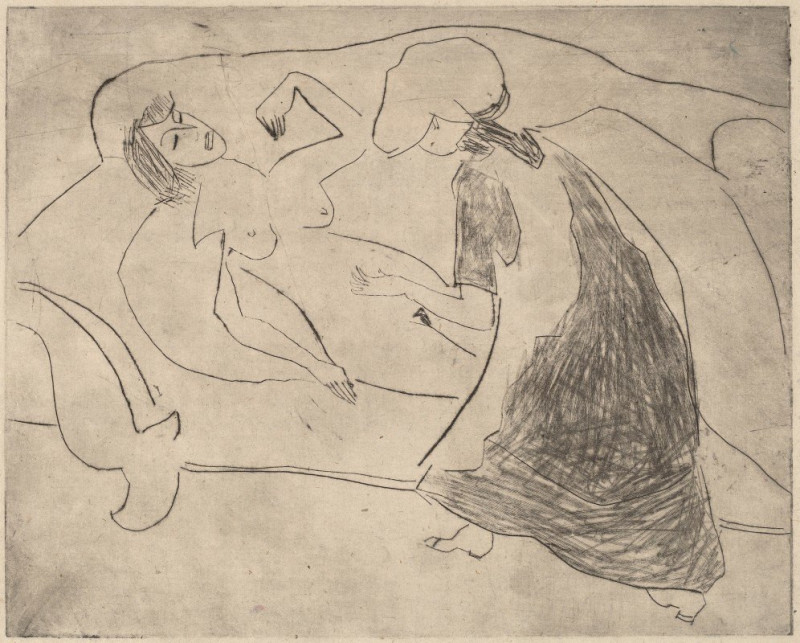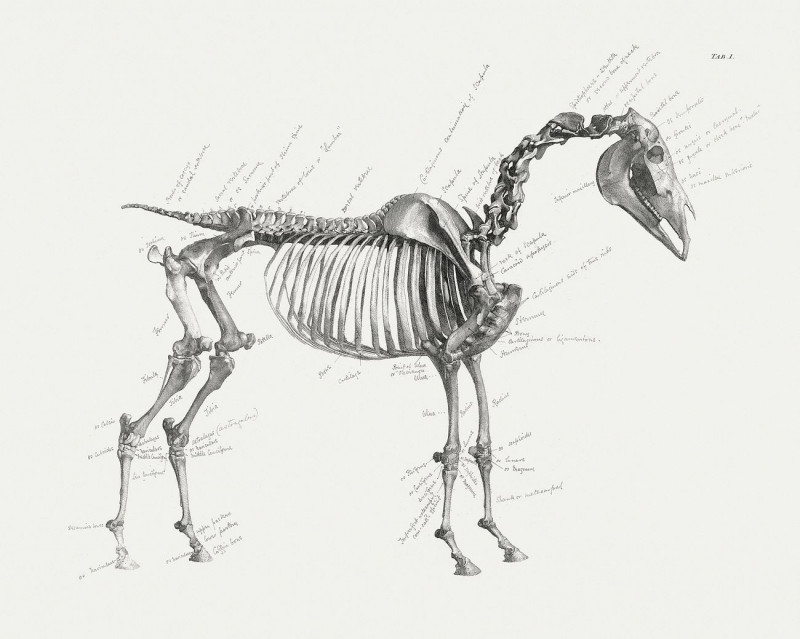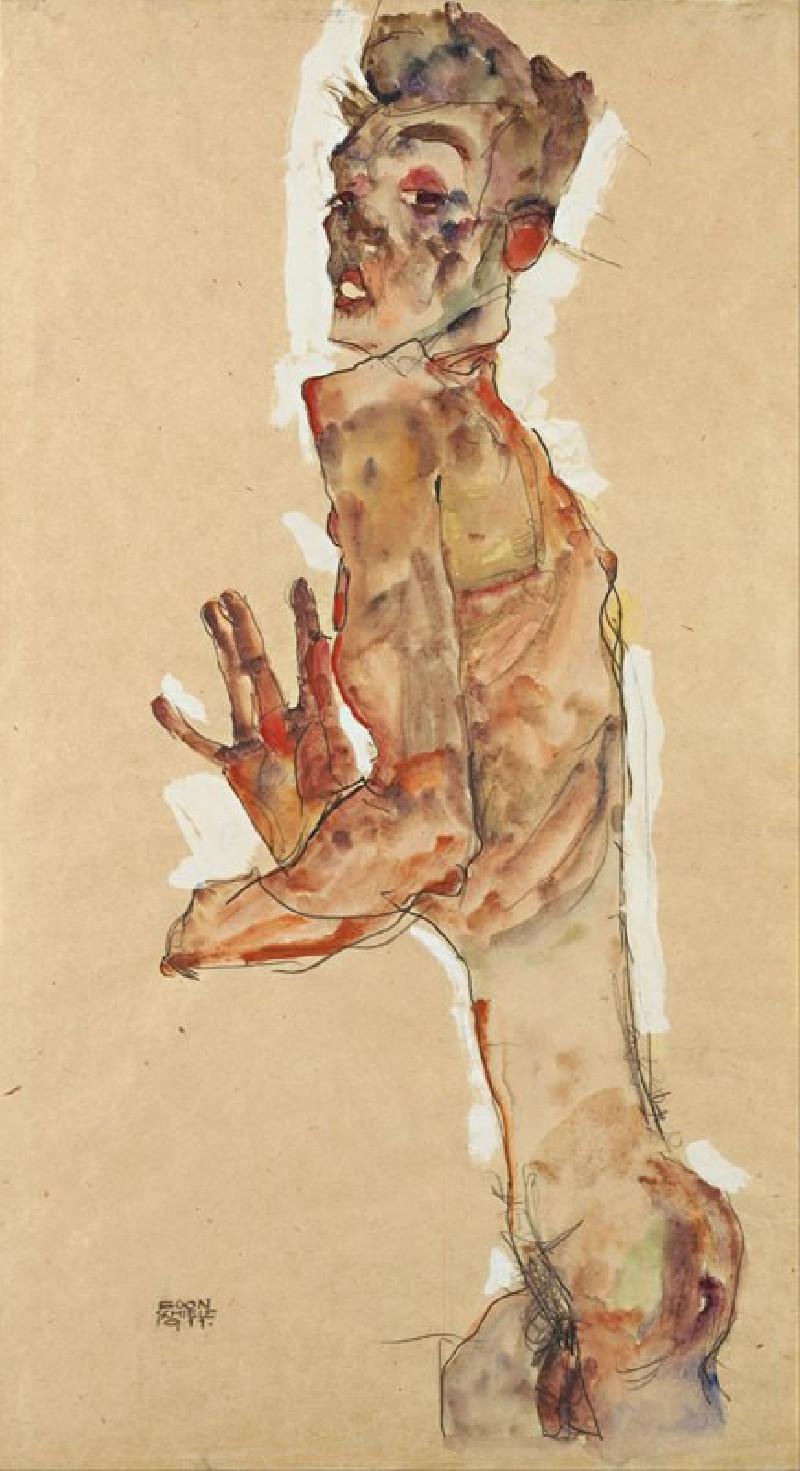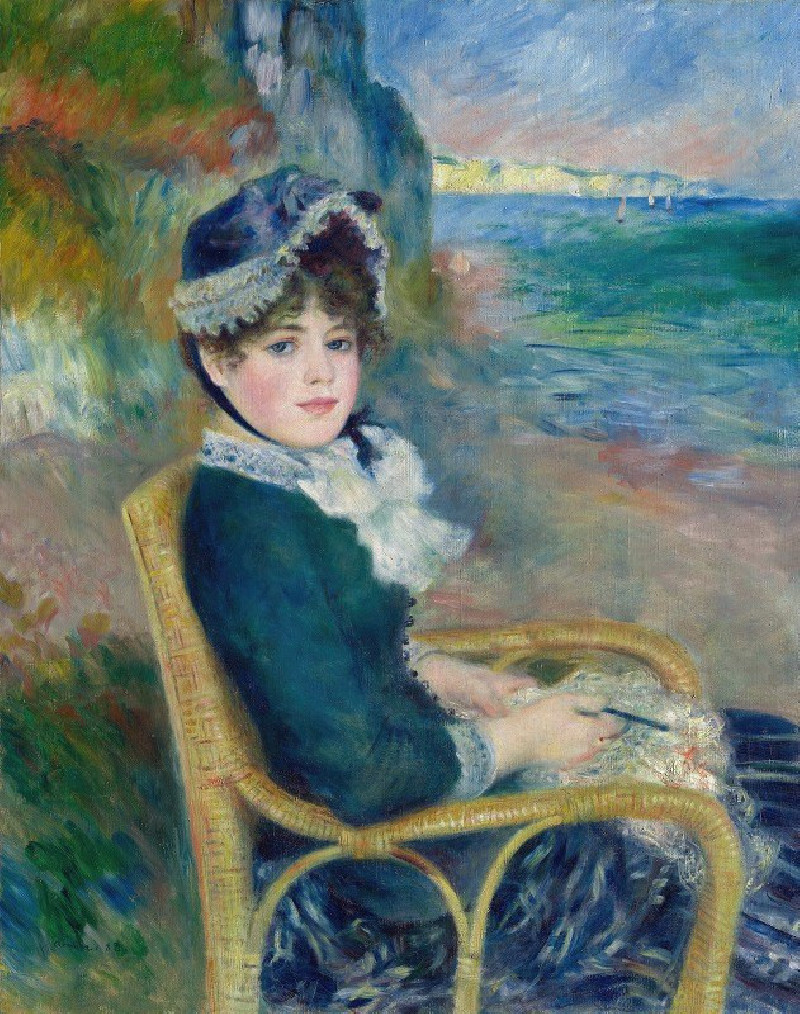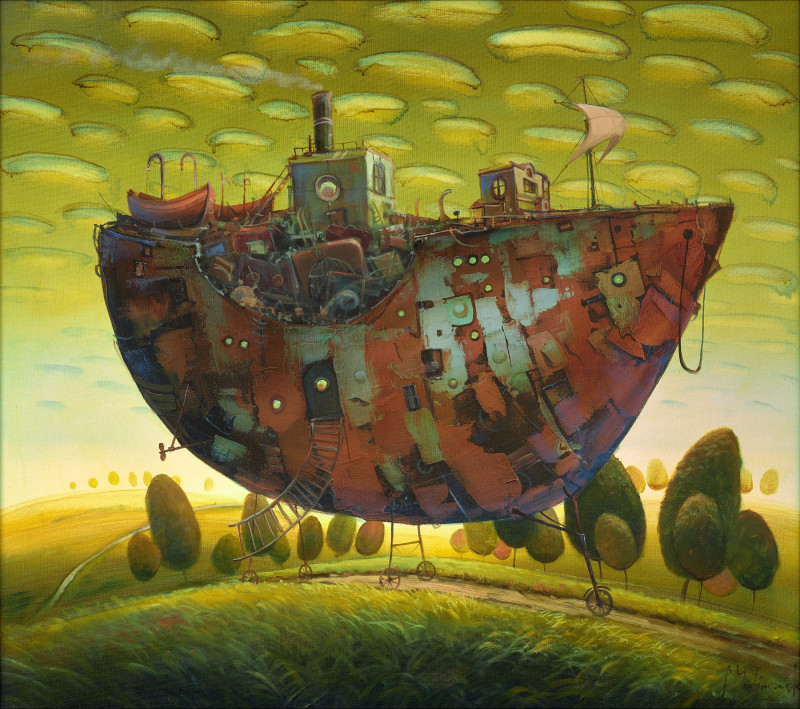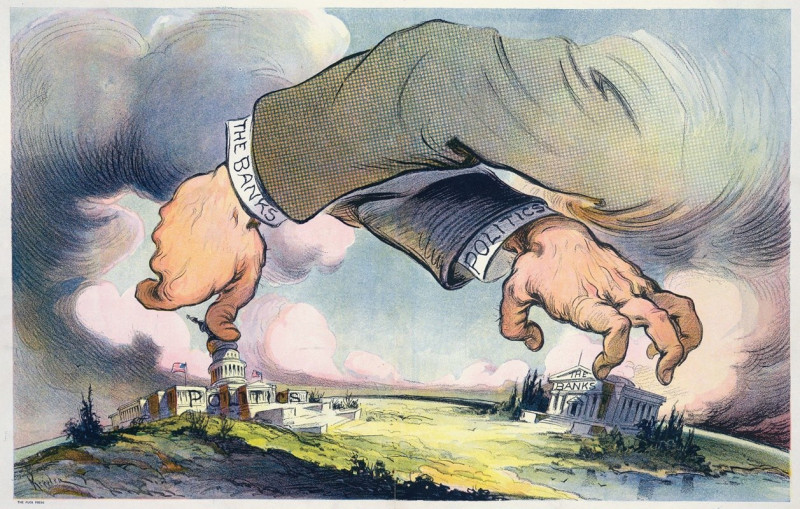Morning, An Overcast Day, Rouen
Technique: Giclée quality print
Recommended by our customers
More about this artwork
The painting "Morning, An Overcast Day, Rouen" by Camille Pissarro captures a vivid scene set along the bustling riverbanks of Rouen, a historic city in Normandy, France. The artwork is painted in an impressionistic style, which is characterized by loose and expressive brushwork that seeks to capture the atmosphere and light of a particular moment rather than the minutiae of detail.In the foreground, Pissarro depicts industrial activity along the river. There's a steamboat emitting large plumes of smoke, contributing to the hazy overcast sky, which dominates the upper part of the canvas. This element adds a dynamic feel to the scene, suggesting the busy life and industrial advancement of the period. The dock area is busy with people and cargo, indicating the daily life and commerce that thrives in this urban setting.The middle of the painting features the arches of a stone bridge, gracefully spanning across the river. This element leads the viewer's eye towards the cityscape in the background, which is delicately rendered in soft, muted colors. The bridge is crowded with figures, possibly going about their morning routines, and adds a human element to the scene, connecting the viewer to the people in the painting.The city itself is portrayed with a series of rooftops and several prominent buildings, possibly including some of Rouen's famous Gothic architecture, such as its cathedral, although the specific details are not distinctly defined.
Delivery
Returns
Blessed are they who see beautiful things in humble places where other people see nothing. — Camille Pissarro
Camille Pissarro (1830-1903) was born on St.Thomas (now the US Virgin Islands) to a Portuguese father and a Dominican mother. He went to Paris to study art at Ecole des Beaux-Arts. He was an early pioneer of pointillism and neo-impressionism and later became a mentor of many famous impressionist painters including Cezanne, Manet, Renoir, and Gauguin. His paintings depicted rural and urban French landscapes and lifestyle. Many of his works politically captured images of peasants and laborers. Today, he is considered the father of impressionism.

